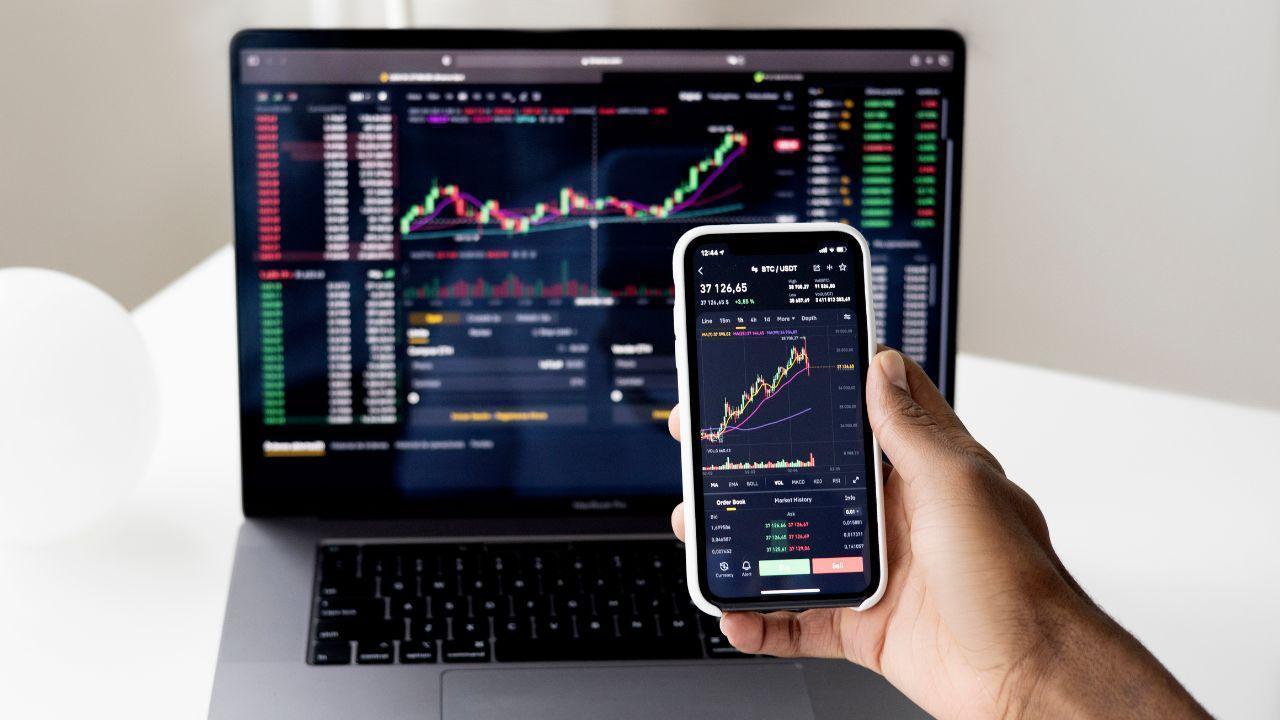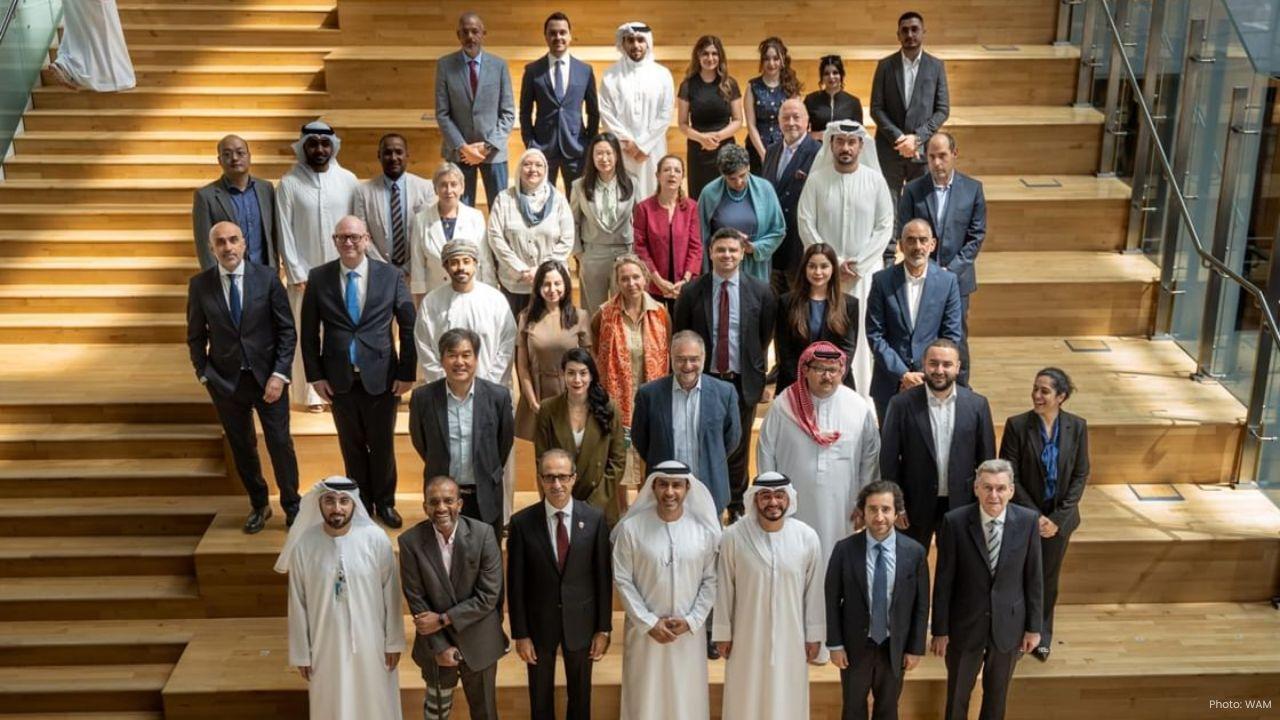
Post by : Vansh Kumar
In today’s rapidly evolving world, the transformation of the economy is being fueled by more than traditional industries and markets. Data has become one of the most valuable assets, shaping strategies, decisions, and investments across sectors. The journey “from data to dollars” highlights how information, technology, and innovation drive financial growth, economic resilience, and global competitiveness. Understanding these forces is essential for businesses, policymakers, and individuals navigating the modern economic landscape.
In the past, economic decisions were often based on historical trends and intuition. Today, data provides actionable insights that drive smarter strategies and better outcomes. Companies collect and analyze massive amounts of information, ranging from consumer behavior to market dynamics, enabling them to optimize operations and identify new revenue streams.
For example, e-commerce giants use data analytics to predict customer preferences, personalize recommendations, and improve supply chain efficiency. Financial institutions leverage data to assess creditworthiness, detect fraud, and manage risk. In essence, data has become the foundation of the modern economy, bridging the gap between information and profit.
The rise of digital technologies has accelerated the conversion of data into dollars. Artificial intelligence (AI), machine learning, cloud computing, and blockchain are transforming how businesses operate and innovate. AI algorithms can analyze complex datasets, detect patterns, and make predictions that guide investment and production decisions.
Blockchain technology, meanwhile, is revolutionizing financial transactions by providing secure, transparent, and decentralized systems. These technological advancements empower companies to make faster, more informed decisions, reduce operational costs, and unlock new economic opportunities. The integration of technology into the modern economy demonstrates that financial growth is increasingly driven by intelligence and innovation rather than traditional assets alone.
Another critical factor in driving the modern economy is consumer behavior. Understanding preferences, habits, and demands allows companies to tailor products and services, ensuring higher engagement and profitability. Data analytics tools enable businesses to monitor trends in real-time, adapt marketing strategies, and improve customer satisfaction.
The modern consumer expects personalized experiences, rapid delivery, and seamless digital interactions. Businesses that leverage data to meet these expectations gain a competitive edge, converting insights into tangible revenue. In this way, consumer behavior acts as both a driving force and a barometer for economic growth.
The modern economy is highly interconnected, with global markets playing a crucial role in shaping growth. Trade, investments, and multinational operations connect countries and industries, creating opportunities and challenges. Economic fluctuations in one region can have ripple effects worldwide, emphasizing the need for informed strategies and robust risk management.
Globalization also enables businesses to access new markets, diversify revenue streams, and leverage cost efficiencies. Emerging economies, with growing populations and rising incomes, are becoming significant contributors to global financial growth. By understanding these interconnected forces, companies can position themselves to capitalize on opportunities and navigate risks in the global economic landscape.
Entrepreneurship and innovation are central to turning data into dollars. Startups and established companies alike are harnessing insights to develop products and services that meet evolving market demands. Innovation drives efficiency, reduces waste, and creates competitive advantages, fueling economic growth.
For instance, fintech startups have revolutionized payment systems, lending, and investment platforms. Healthtech companies leverage data and AI to provide personalized healthcare solutions. Each innovation not only generates revenue but also contributes to the broader economy by creating jobs, improving services, and fostering technological advancement.
Sustainable practices are increasingly influencing the forces driving the modern economy. Companies and investors are prioritizing environmental, social, and governance (ESG) factors, recognizing that long-term growth depends on responsible business practices. Sustainable strategies enhance brand value, attract investors, and mitigate risks associated with environmental and social challenges.
Data plays a critical role in measuring sustainability efforts, from tracking carbon emissions to analyzing supply chain impacts. By integrating sustainability into economic strategies, businesses convert responsible actions into financial benefits, demonstrating that profit and purpose can coexist in the modern economy.
While data offers immense potential, it also presents challenges. Privacy concerns, cybersecurity threats, and data management complexities require careful handling. Misinterpreted or biased data can lead to flawed decisions, financial losses, and reputational damage.
Moreover, reliance on technology and data analytics can exacerbate inequalities if access is limited to certain regions or companies. Addressing these challenges requires investment in secure infrastructure, regulatory compliance, and equitable access to digital tools. By overcoming these hurdles, businesses and economies can fully harness the power of data to drive growth.
Looking ahead, the transformation from data to dollars will continue to accelerate. Emerging technologies such as AI, quantum computing, and advanced analytics will further enhance decision-making, efficiency, and innovation. Companies that embrace data-driven strategies and adapt to changing market conditions will thrive, while those that resist technological adoption may struggle.
Education and workforce development will also play a crucial role. As jobs evolve and new skills are required, equipping employees with data literacy, digital proficiency, and analytical capabilities becomes essential for sustained economic growth. The modern economy is not just about resources or capital—it is about knowledge, insight, and the ability to convert information into actionable financial outcomes.
The content in this article is intended for informational and educational purposes only. While every effort has been made to ensure accuracy, economic conditions, market trends, and financial information are constantly changing. Readers are encouraged to conduct their own research and seek professional advice before making business, investment, or financial decisions. GCC news network is not responsible for any outcomes resulting from the use of this content.
#trending #latest #ModernEconomy #DataDriven #EconomicGrowth #FinancialInnovation #AIInFinance #GlobalMarkets #DigitalEconomy #TechAndFinance #SustainableGrowth #FromDataToDollars #GCCNews #GCCUpdates #GCCTech #GCCInnovation #ArabWorldNews #GCCTrends #DigitalGCC #GCCBusiness #GCCFuture #GCCTechnology #GCCInsights










South Korean Workers Return After US Immigration Raid Shock
A plane brought back 300 South Koreans after a US raid. Seoul now seeks new visa rules to protect wo

Microsoft And OpenAI Sign New Deal To Shape Future Partnership
Microsoft and OpenAI sign a new deal to reshape their partnership, supporting OpenAI’s move toward a

Nepal Gen Z Protests Burn Parliament And Luxury Hotels In Chaos
Massive Gen Z protests in Nepal target elites’ wealth, burning parliament and top hotels, causing de

ITF Appoints Tie Break Tens As Official Partner For Junior Tennis
The ITF has named Tie Break Tens its official partner, integrating the 10-point tiebreak format into

Charlie Kirk Shot Dead In Utah, Police Seek Help To Find Killer
Right-wing activist Charlie Kirk was shot dead at Utah Valley University. Police seek public help as

Indian Airlines Resume Flights to Kathmandu After Nepal Unrest Ends
Indian airlines resume normal flights to Kathmandu as Tribhuvan Airport reopens, helping stranded pa